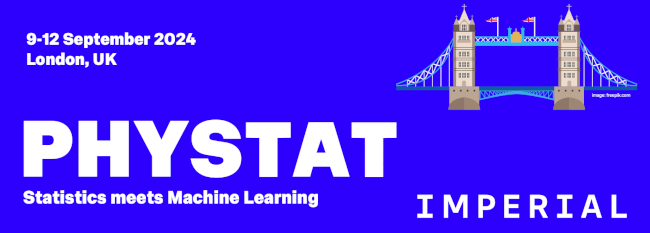Speaker
Tilman Plehn
(Heidelberg University)
Description
Looking for a way modern machine learning transforms LHC physics, unfolding has for a long time been one of our goal, and only modern networks allow us to do this meaningfully. It does not only make analyses with a wide range of theory hypotheses more efficient, it also allows the LHC collaborations to publish their data. I will show how generative networks can be used for this purpose, directly learning conditional probabilities in complete analogy to a forward simulations. I will then illustrate the power of this method using a challenging CMS case study.
